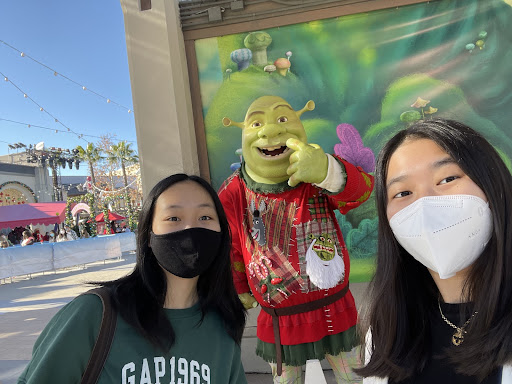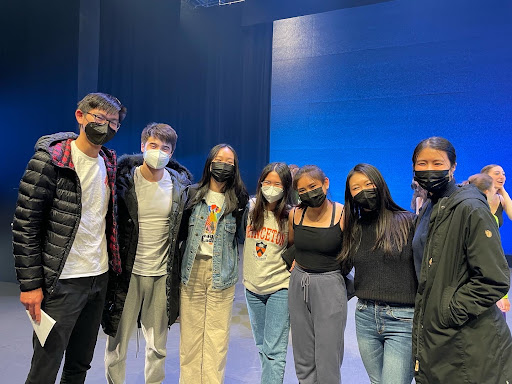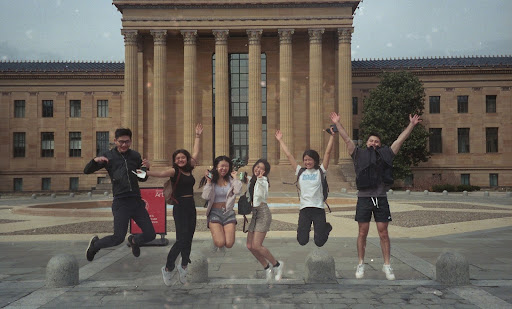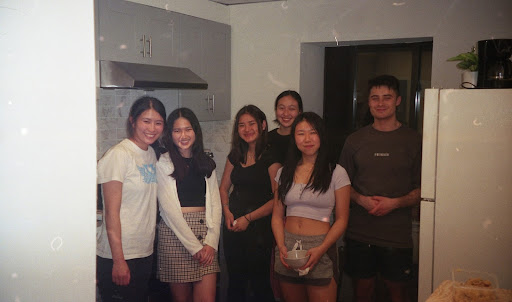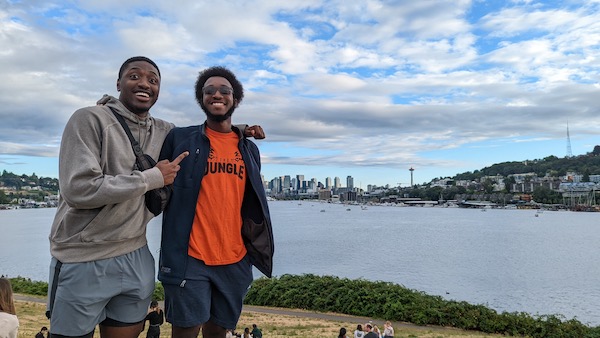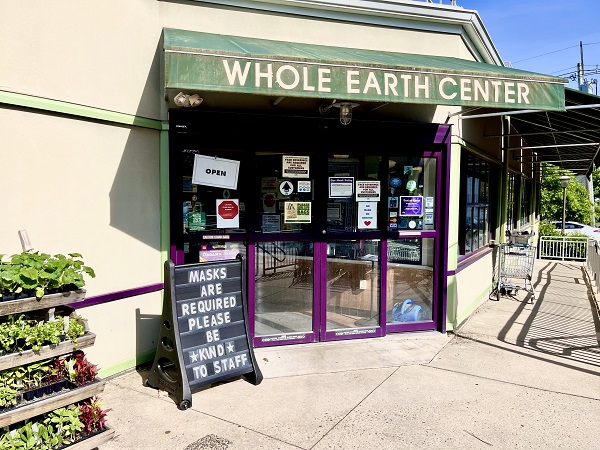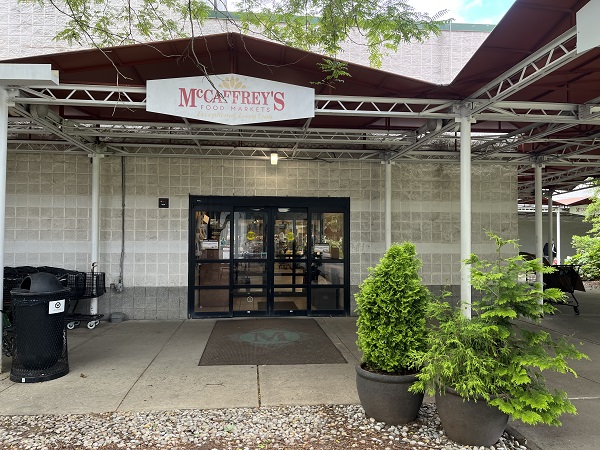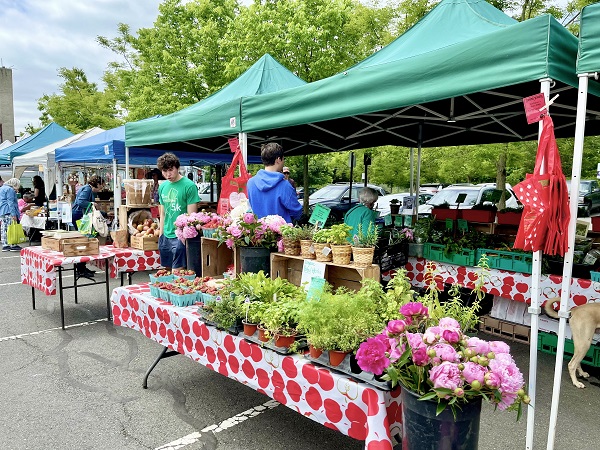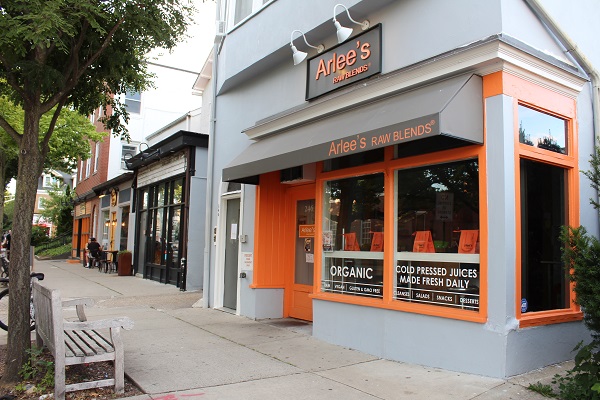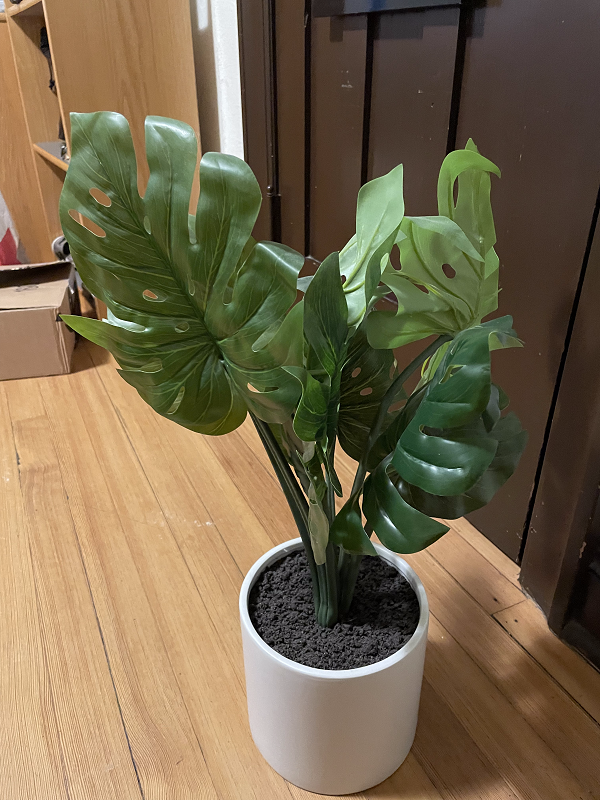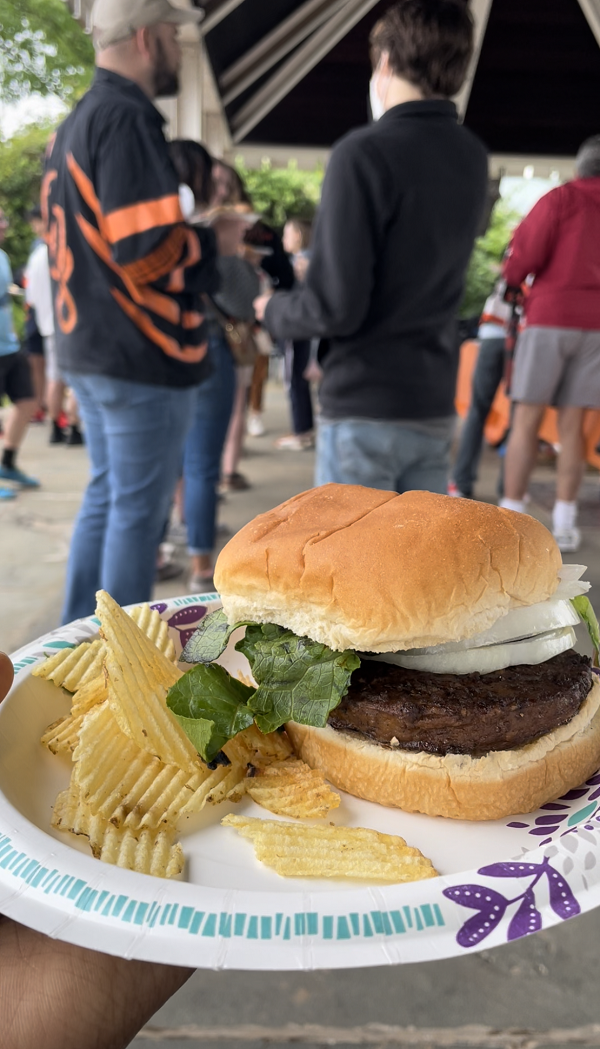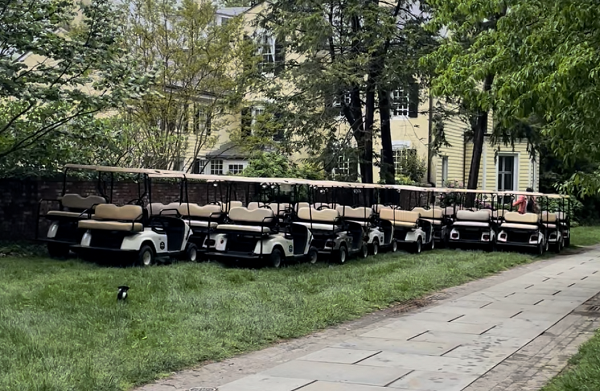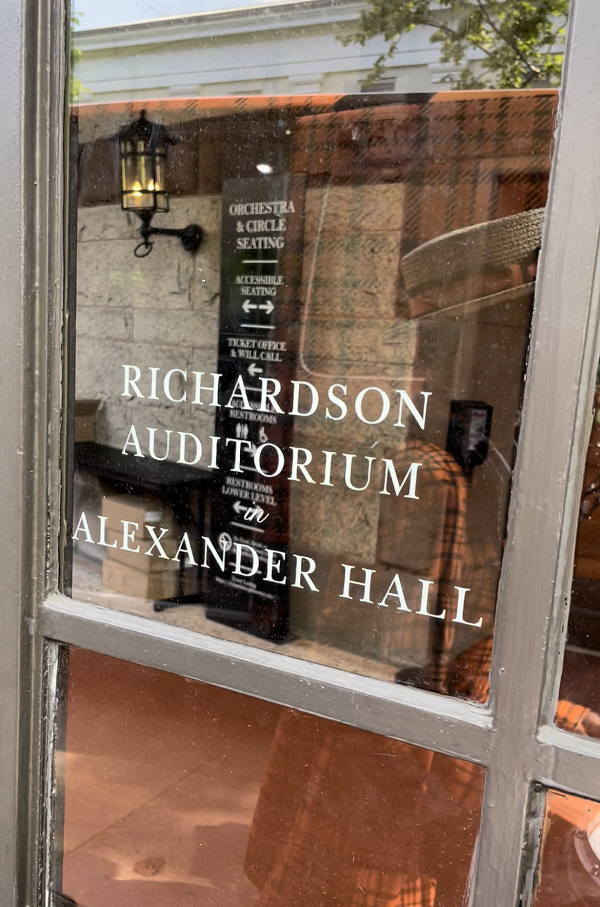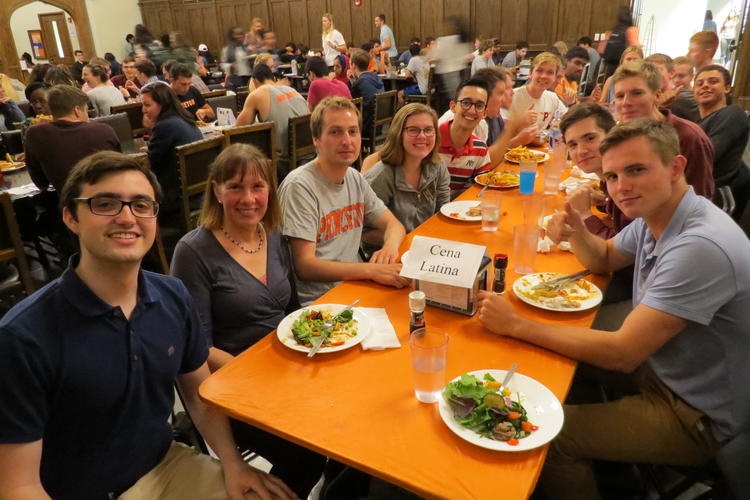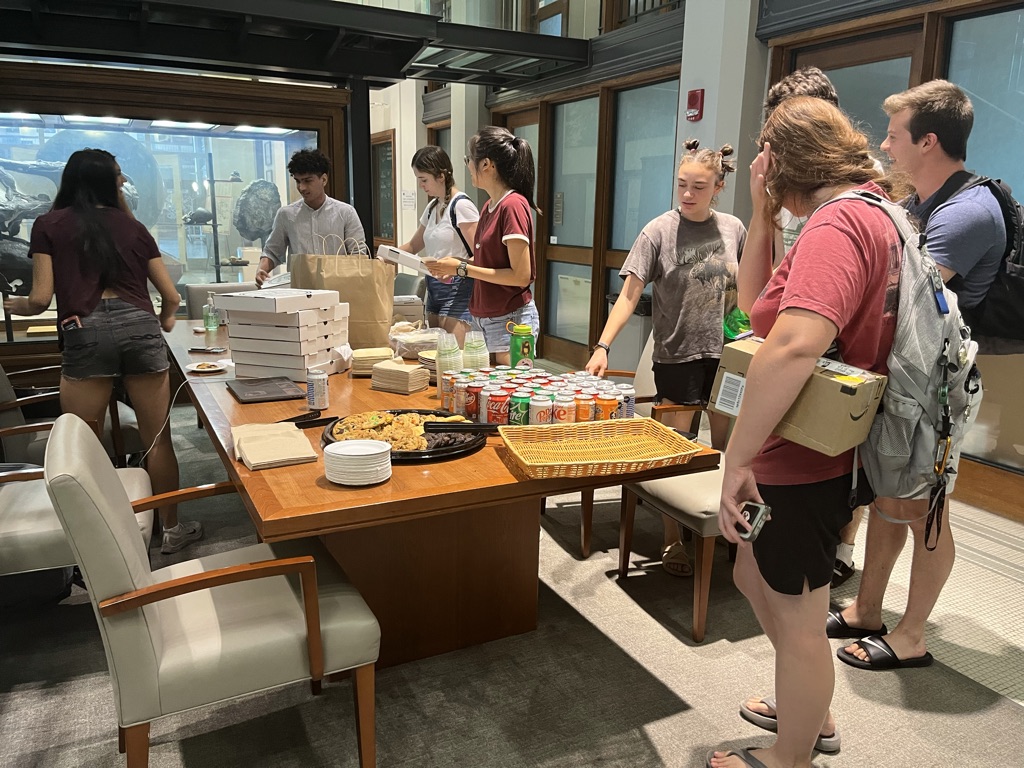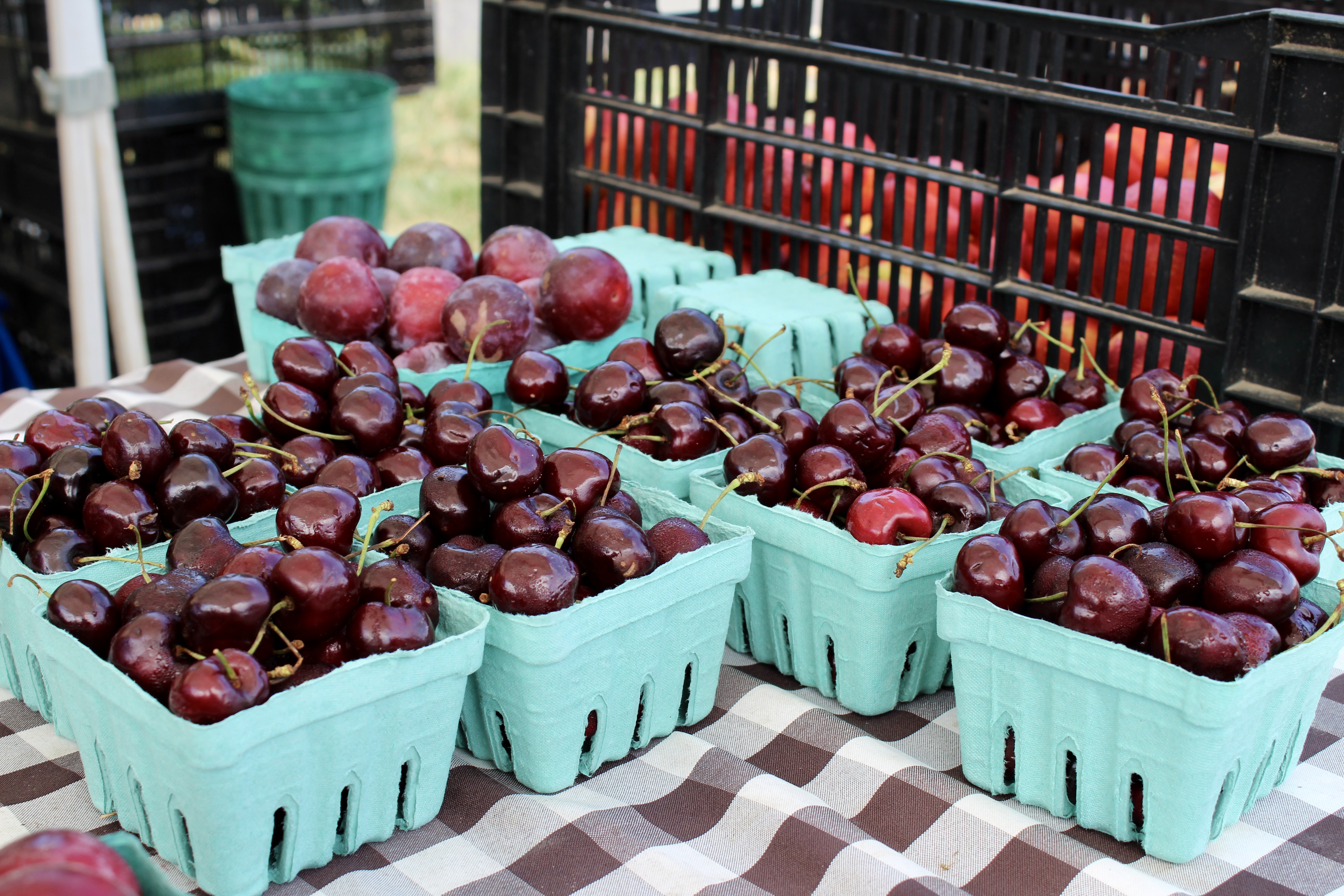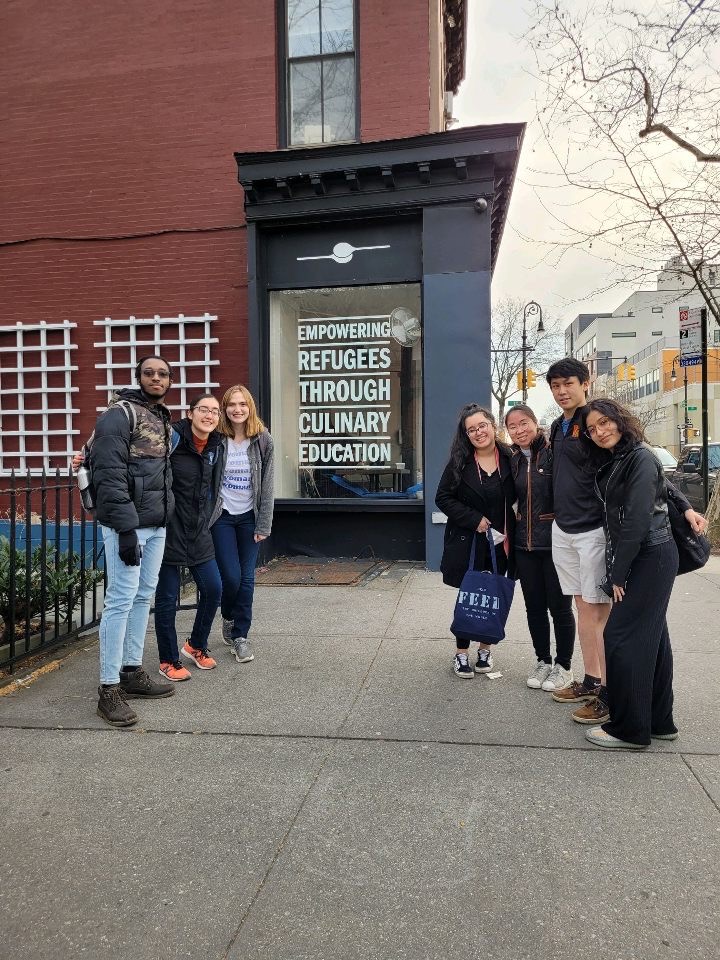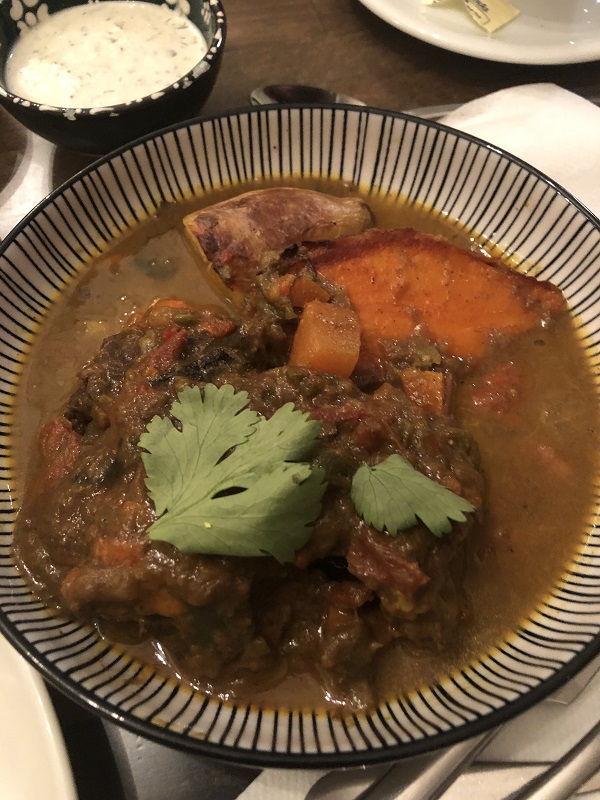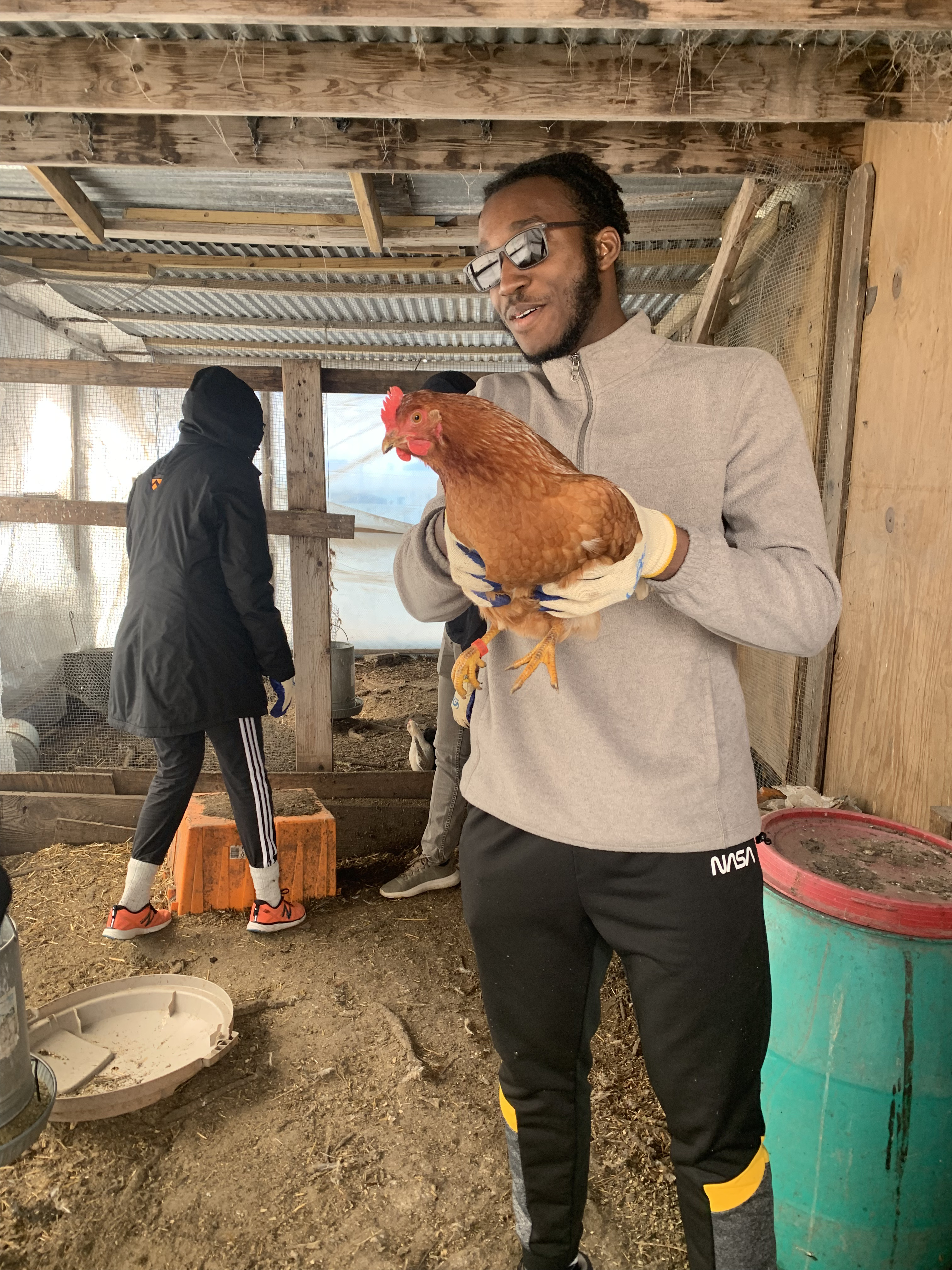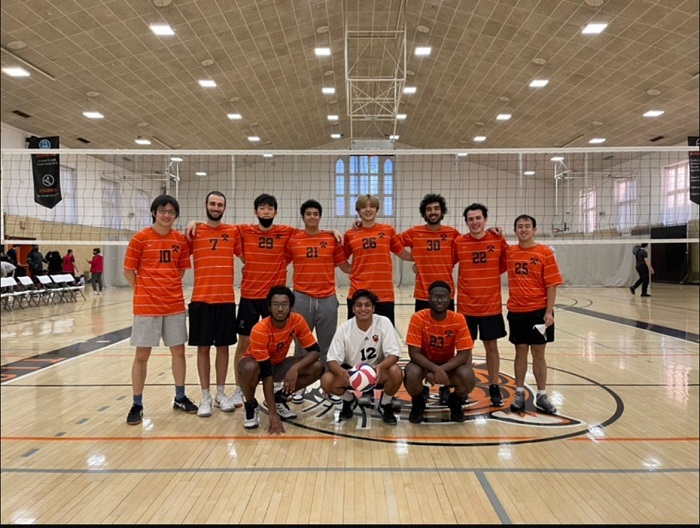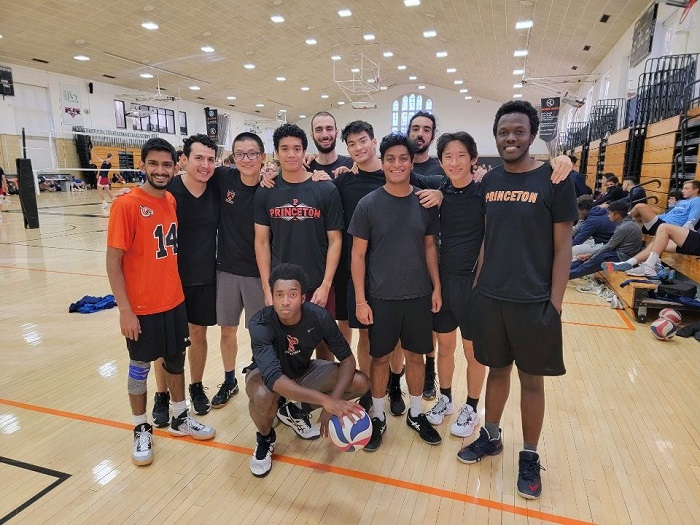Navigating your way around campus can be intimidating during a visit or just after move-in, but after several weeks, you'll likely find yourself realizing that the campus is actually quite compact. Traversing the Orange Bubble for your various classes throughout the day is quite doable on foot or on bike, which is why very few students have cars on campus (that, combined with the lack of practically any place to park one). Additionally, Princeton's buildings are becoming increasingly accessible. For instance, Naomi Hess '22 has a wonderful blog on the recent renovations to Nassau Hall that allowed her to be the first person using a wheelchair to enter the building without assistance. In short, getting around campus without a car or shuttle is easy, and the impromptu conversations that occur while entering, leaving and traveling between campus buildings are an unsung but vital part of the Princeton experience.
For example, after working on a paper or problem set for several hours, I might summarize verbally what I've been doing to a friend I pass on my way out of the E-Quad or library. The simple act of condensing the main points of my work can be very helpful in synthesizing and organizing the material in my mind. Other times, the walks between classes provide an opportunity to catch up with friends when we don't have the time to organize a formal meet-up or get-together. Even though we might not have the time for a concert or event together, we can always chat as we walk from class to class. I really appreciate the moments with friends as I get around campus, as they've been the start of both great ideas and friendships.
Campus is very self-contained, but there may be times when you need something from a destination farther away. For those moments, you can take the Tiger Transit shuttle bus. This bus is free and drives around campus daily, and on the weekends it follows the Weekend Shopper route. This route proceeds down Route 1 to stop at the various shopping centers that include a Whole Foods, Trader Joe's, Staples, Home Depot and other stores. I've taken the Weekend Shopper to buy groceries, and my friends have taken it to buy supplies for their art classes.
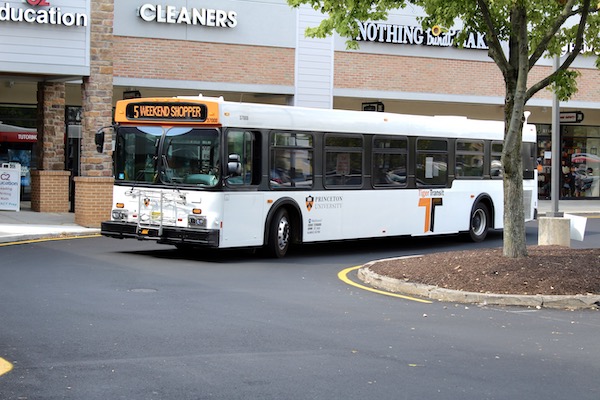
Weather permitting, it's also possible to increase your mobility on a bike. Many students have bikes on campus, because they make it possible to get from New South to the E-Quad, for instance, when you only have a 10-minute change-over between classes. There is also a biking route down Alexander Street and Canal Pointe Boulevard that you can take to reach the shopping centers previously mentioned. When it's nice outside, I like taking a bike ride along that route to get to the Whole Foods to buy groceries. Most students store their bikes outside on the numerous bike racks outside the dorms. I cover mine with a plastic tarp when it rains. It looks a little ridiculous, but it does help prevent rusting!
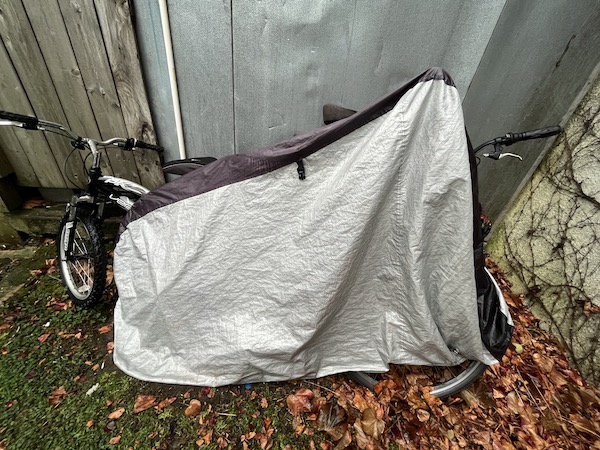
Getting around campus and town is one of the most enjoyable parts of my daily routine, and I never fail to appreciate both the buildings and the friends around me as I get from place to place. Furthermore, campus is becoming increasingly accessible to everyone, which you can find out more about from the AccessAbility Center. Additionally Parking and Transportation Services also provides information on accessible pathways and entrances on campus. In summary, traversing the Orange Bubble is a simple everyday treat.







